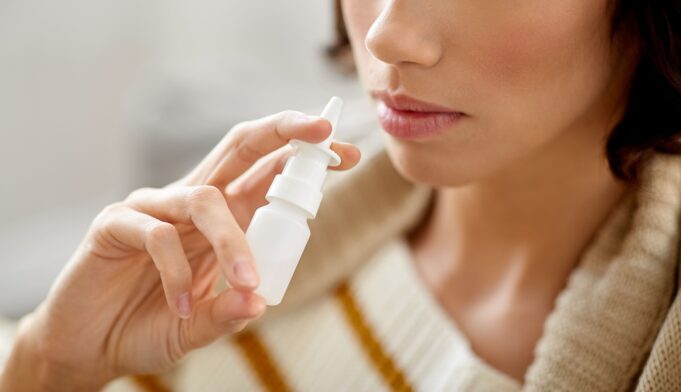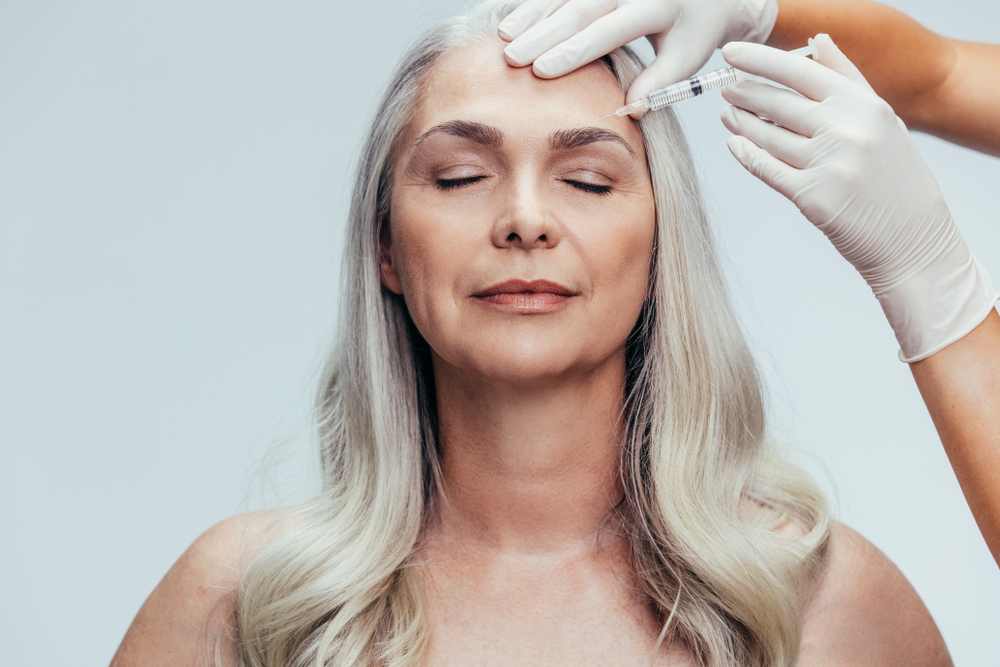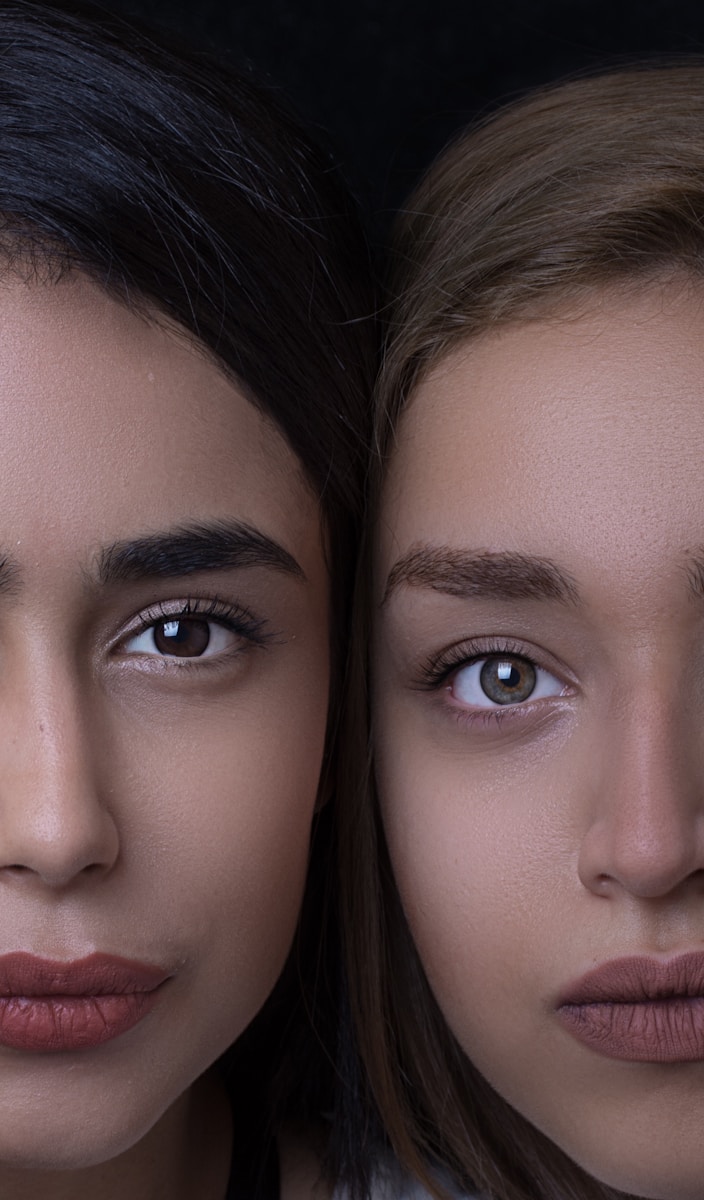For us Brits, unfortunately, our vitamin D intake is sporadic at best.
So most of us choose to get our ‘healthy glow’ from a bottle.
However, with the growing popularity of quick-fix beauty solutions, nasal tanning sprays have become a sought-after option among those chasing a sun-kissed glow.
These sprays, often promoted by influencers and readily available online, promise a bronzed tan with little effort. However, their surge in popularity has triggered alarm among medical professionals and health organisations due to mounting evidence of their potential risks.
What Are Nasal Tanners?
Nasal tanners are products containing a synthetic hormone known as Melanotan II. When sprayed into the nostrils, this chemical stimulates melanocytes in the skin, increasing melanin production, which darkens pigmentation when exposed to UV rays. This process gives users a quicker, enhanced tan with minimal sun exposure.
However, crucial safety concerns arise from their composition and lack of regulation. While they are marketed cosmetically, nasal tanners fall into a legal grey area, meaning they bypass medicinal product regulations in many countries, including the UK. This results in products that are unlicensed, unregulated, and potentially dangerous.
So, what are the health hazards?
For many, these sprays seem harmless, but the reality paints a far graver picture. Nasal tanners are associated with a multitude of side effects and risks, some of which can be life-altering.
1. Acute Reactions
Users have reported immediate side effects such as nausea, vomiting, headaches, increased blood pressure, and changes in mole appearance—a red flag for cancer risks. Edith Eagle, a 47-year-old from Norfolk, shared a harrowing experience where she developed a severe allergic reaction after using nasal tanners. Hospitalised and struggling to breathe, she described her condition as feeling like she was “drowning within [her] own body.”
2. Cancer Concerns
Melanotan II has been linked to melanoma, a serious and potentially fatal form of skin cancer. Multiple organisations, including Cancer Research UK, have raised alarms about how these sprays might trigger irregular mole growth, which can develop into melanoma. With no long-term safety studies conducted, the full risks remain unknown, posing a ticking time bomb for users.
3. Respiratory Issues
Designed to be inhaled, nasal tanners introduce synthetic chemicals directly into the respiratory tract. Repeated usage can lead to chronic coughing, nasal congestion, and even infections, as seen in hospitalised users like Elaina from Durham.
4. Unregulated Ingredients
A study conducted by the BBC and researchers at Imperial College London revealed an alarming discovery. Tests on various nasal tanners exposed more than 100 unidentified ingredients in some products, some of which could be toxic. This lack of transparency only adds to the inherent danger of using these substances.
Vulnerable Audiences and Social Media Promotions
Disturbingly, nasal tanners often target young audiences, with flavoured varieties like “bubblegum” and “strawberry” appealing to teenagers and first-time users. Combined with colourful packaging and endorsements from influencers, these sprays exploit beauty standards and social media trends to drive demand.
Despite policies against promoting harmful substances, platforms like Instagram and TikTok remain rife with these products. Influencers, knowingly or unknowingly, post about their experiences, normalising risky behaviours.
A Call for Action
Several health organisations and experts are urging consumers to avoid unregulated tanning sprays. Susanna Daniels from Melanoma Focus warns, “These unregulated and illegal products not only pose serious health risks but also encourage harmful behaviours.”
Instead of relying on unsafe products, experts recommend safer alternatives like regulated tanning creams and sprays from reliable retailers. Additionally, using sunscreen and limiting sun exposure are critical for skin safety.
Final Thoughts
Nurse Practitioner, Stephanie Ness, of Ness Aesthetics said: “While nasal tanners may promise an effortless tan, the risks far outweigh the benefits. From immediate health threats to long-term dangers like cancer, these unregulated sprays jeopardise physical well-being for a fleeting aesthetic. Regulated products and safe tanning practices are the best paths forward for a healthy, glowing look.”
If you or someone you know has experienced adverse effects from nasal tanners, authorities encourage reporting the incident to Trading Standards to support regulatory action against dangerous products.
Health and safety always outweigh vanity. Protect yourself by choosing informed, safe alternatives and spreading awareness about the dangers lurking in unregulated beauty trends.
Got a story? Holly@harleystreetcommunications.co.uk













